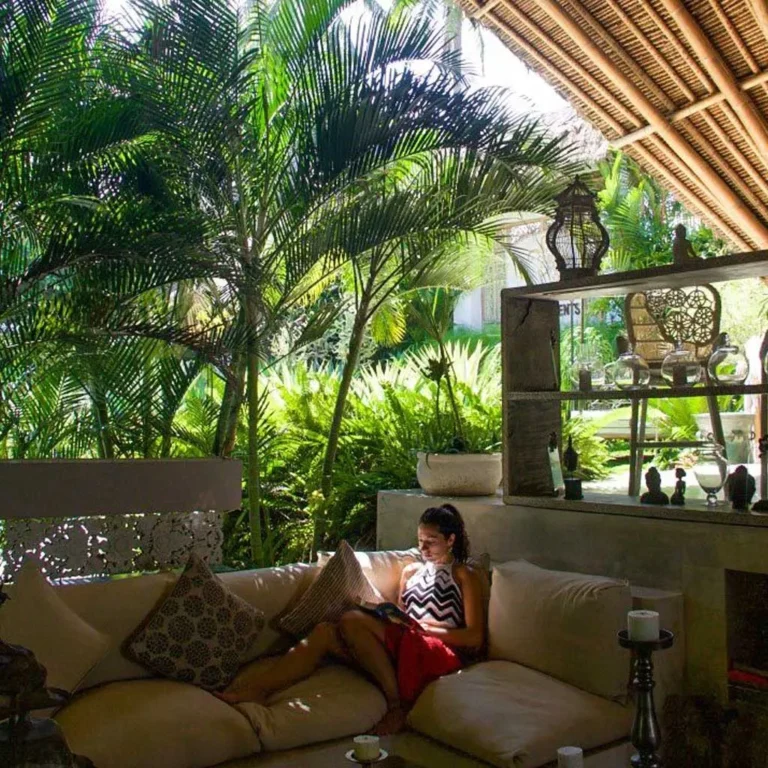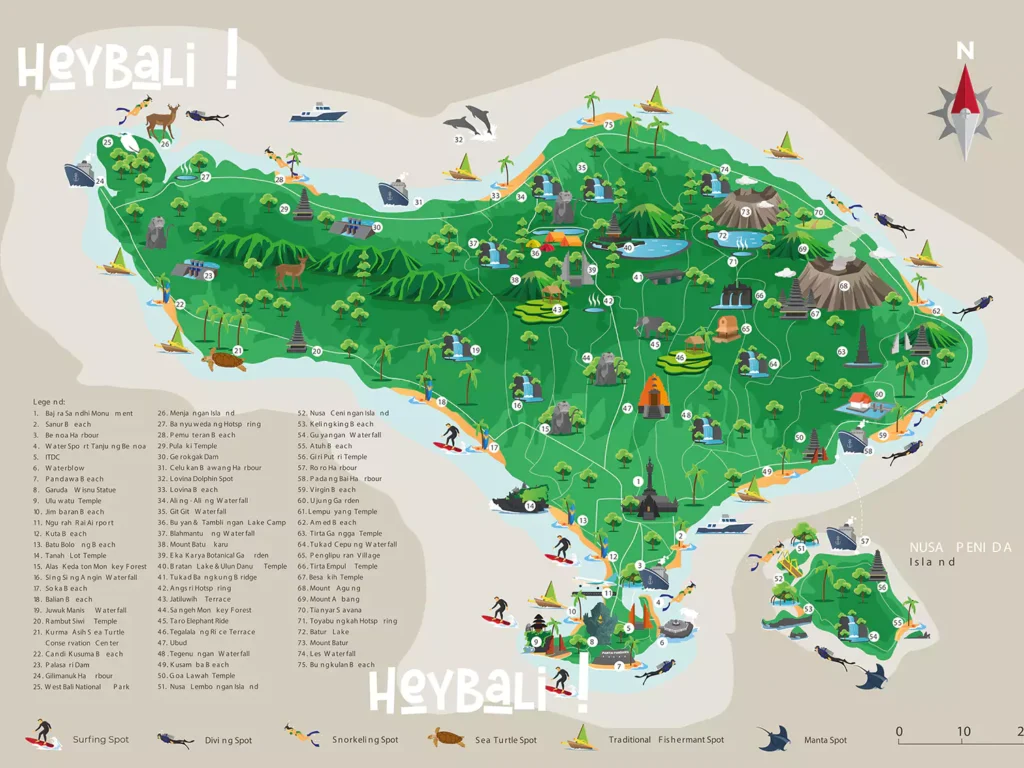
- PromoCrazyDeal
- Bali Airport Transfers Free Portable Wifi
- Bali Sim Card 24 GB Only $10 By Telkomsel
- Bali eSIM 24 GB Only $13 By Telkomsel
- Bali Rent Car With Driver Only $38 / 10 Hours
- Watching Dolphins Lovina Only $8
- Unesco Bedugul Tour Include Lunch $47 /pax
- Uluwatu Kecak + Dinner Jimbaran Only $38/Pax
- Ticket Fastboat Sanur To Lembongan Only $11
- Ubud Cultural Day Tour: Rafting, Swing, Tirta Empul & Melukat $83
- Kintamani Day Tour: Barong, Monkey, Tirta Empul & Waterfall $58
- Ticket Fastboat Sanur To Nusa Penida Only $8/pax
- Ticket Fastboat Penida to Gili Trawangan $39/pax
- Rent Car Nusa Penida Tour With Driver $36/car
- Penida West Tour + Sharing Snorkeling $48
- Penida Sharing Snorkeling Only $10 Per Pax
- Private Snorkeling Nusa penida $83 Per Boat
- Penida West Tour Package Only $40
- Penida East Tour Package Only $45
- Penida East & West Tour $50/pax
- Lombok Airport Transfers To Senggigi Area $25 / Car
- eSim Lombok & Indonesia 25GB Only For $19 / eSim
- Private Pink Beach Snorkeling Tour $54/pax
- Private Gili Nanggu Snorkeling Tour $40/pax
- Sharing Snorkeling Gili Trawangan 4 Hours $9/Pax
- Ticket Fastboat Padang Bai – Gili Trawangan Only $16/pax
- Private Sasak Tour Lombok Only $31/pax
- Sharing Full Day Komodo Tour 4 Spot Only $42/pax
- Sharing Speedboat Komodo Tour 6 Spot Only $80 / Pax
- Rent Private Speedboat Komodo Tour 6 Spot Only $450 / Speedboat
- Sharing Waerebo Tour 2 Day 1 Night Only $115/pax
- Private Waerebo Tour 2D 1N Only $160/Pax
- Rent Private Sailing Boat 2D1N Only $865/Boat
- Full Day Private Rangko Cave Tour Inc Lunch Only $69 /Pax

Bali

Penida

Lombok

Komodo
- PackageDestinations
Packages

Bali Island
Bali Island
Bali Island
Bali Island
Bali Island
Bali Island

Nusa Penida
Nusa Penida
Nusa Penida
Nusa Penida
Nusa Penida
Nusa Penida

Lombok Island
Lombok Island
Lombok Island
Lombok Island
Lombok Island
Lombok Island

Labuan Bajo
Labuan Bajo
Labuan Bajo
Labuan Bajo
Labuan Bajo
Labuan Bajo

Flores Island
Flores Island
Flores Island
Flores Island
Flores Island
Flores Island

Sumba Island
Sumba Island
Sumba Island
Sumba Island
Sumba Island
Sumba Island
- SightTripMaster
- TripPlanning
-

Get Cheap Sim Card & eSIM
Via Hey Bali
-

Get Cheap Rent Car
Via Hey Bali
-

Get Cheap Rent Scooter
Via Hey Bali
-
Get Cheap Airport Transfer
Via Hey Bali
-
Get Cheap Tour & Attraction
Via Hey Bali
-
Get Tour Itinerary
Via Hey Bali
-
Find Flight
Via Booking.com
-
Find Hotel
Via Skyscanner.com
-
Find Travel Insurance
Via Heymondo.com
-
Find Tour & Attraction
Via Getyourguide.com
-
Find Scooter
Via Bikago.com
-
Find Aiport Transport
Via Welcomepickups.com
-
- StoryAbout
- Other

































































